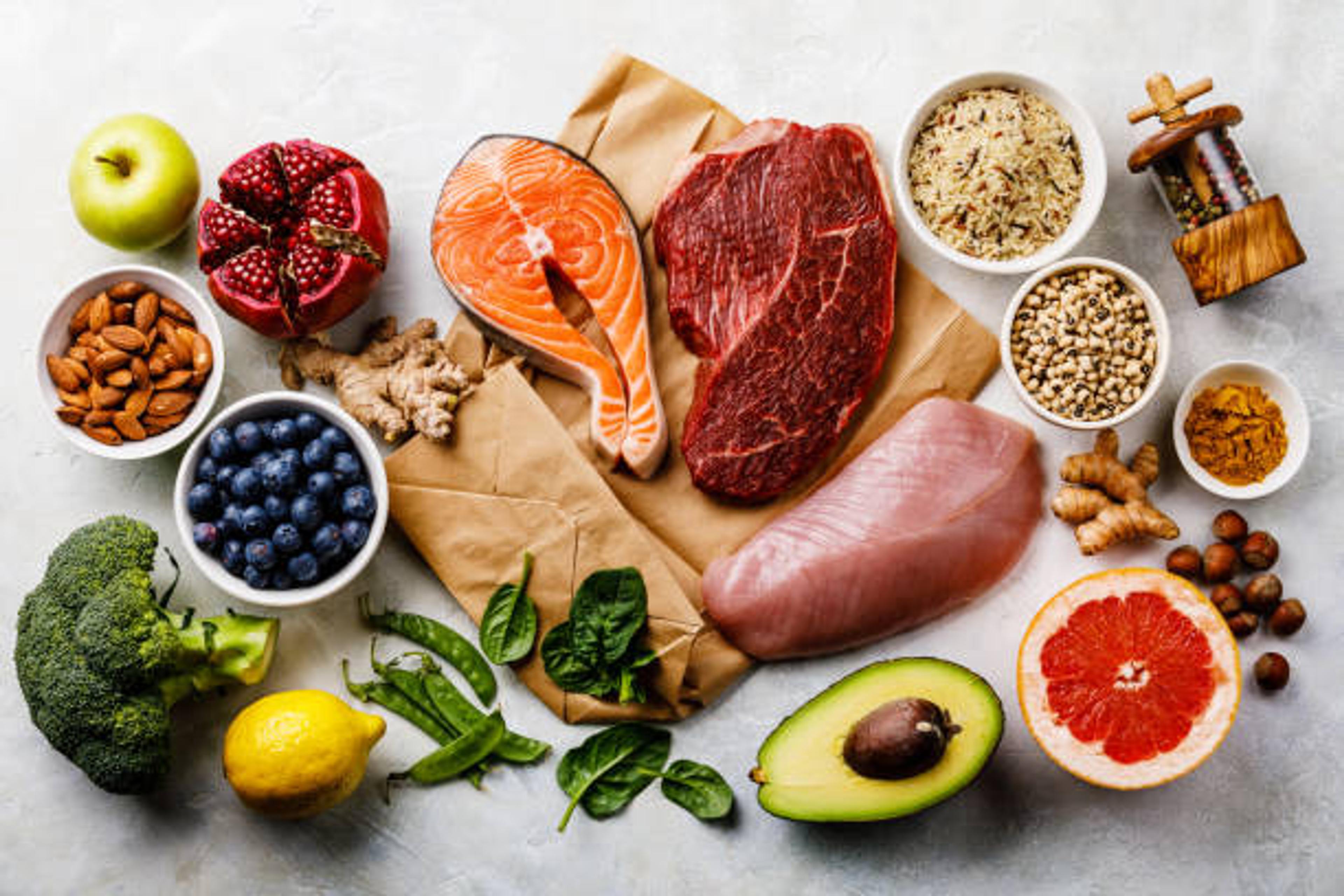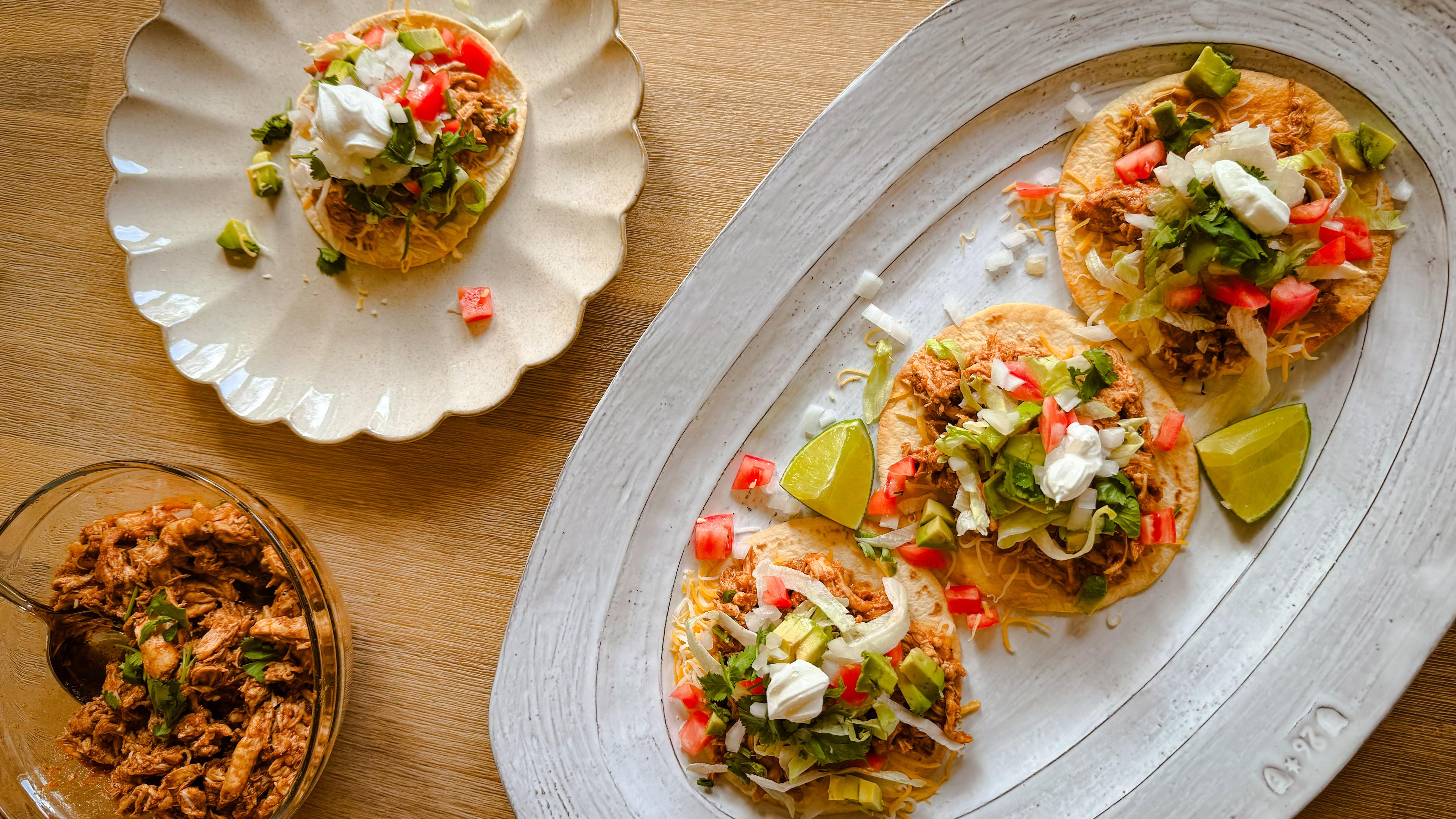Could Nutrition Help Fight Acne?

Ellie Striebich
| 3 min read

Dealing with acne can be frustrating and daunting. Despite countless serums, moisturizers and cleansers sometimes it seems like nothing makes a difference. While the underlying cause of acne may differ among individuals, some research suggests there’s a possible connection between acne and what you eat.
What is acne?
Acne is a common skin condition that happens when hair follicles get clogged with oil, bacteria or dead skin cells. It’s most common in teens and young adults and appears in the form of whiteheads, blackheads and pimples.
Topical treatments and medications are available and can be very effective for some, but acne can be persistent and hard to deal with. It might be time to treat your acne from the inside out and look at what you're putting in your body. Here are some ways nutrition could play a role in helping you achieve clear skin.
Foods to eat
Low-glycemic foods: The glycemic index (GI) allows foods to be measured according to how much they influence blood sugar levels. Foods with low GI have a slower impact on blood sugar levels, preventing spikes that could lead to increased oil and sebum production.
A guide to the glycemic index: Glycemic index chart - Complete (600+) list from all sources. (foodstruct.com)
Whole grains: Whole grains that are high in fiber help maintain stable blood sugar levels, which can help maintain normal oil production.
- Whole wheat bread
- Quinoa
- Brown rice
- Oats
Fruits and vegetables: Packed with vitamins and antioxidants, fruits and veggies help fight inflammation and support skin health.
- Berries
- Leafy greens
- Carrots
- Sweet potatoes
- Broccoli
- Citrus fruits
Healthy fats: Omega 3 fatty acids have anti-inflammatory properties that may help prevent acne.
- Salmon
- Walnuts
- Flax seeds
- Chia seeds
- Avocados
- Olive oil
Foods to avoid
Sugar and refined carbs: These are foods that are high on the GI and cause a spike in blood sugar, leading to increased oil production and potential breakouts.
- Candy
- Sugary soda
- White bread
- Pastries
- Sugary cereals
Dairy: Some research suggests dairy products contribute to acne and breakouts in some people. It’s theorized that some hormones in dairy can trigger inflammation that can clog pores.
- Milk
- Cheese
- Ice cream
- Butter
Ultra-processed foods: These are often high in saturated fat and refined sugars, which can contribute to inflammation and may worsen acne.
- Fast food such as fried foods
- Chips and ultra-processed snacks
- Packaged baked goods
- Deli meats
More research is needed to understand the link between diet and acne. Overall, following a certain diet alone will likely not help clear acne. Beyond skin care and medications for some individuals, maintaining a balanced diet, staying hydrated and being consistent could play a role in preventing acne.
Related:





